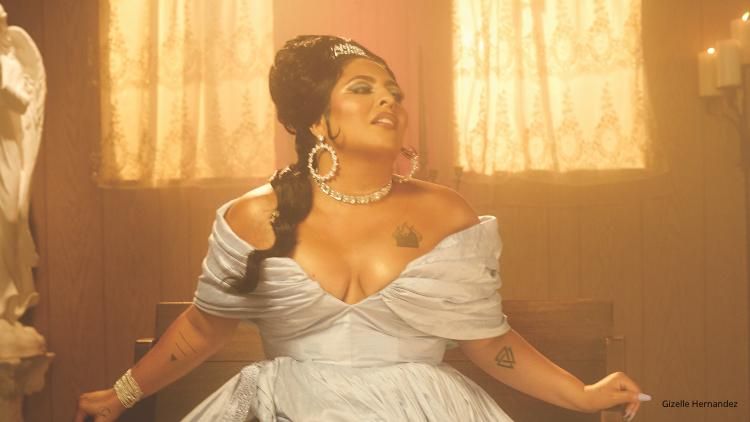SF’s oldest gay bar forced to vacate its home but vows to stay alive
San Francisco’s oldest surviving gay bar, The Stud, will not be reopening at its current home but is vowing to keep trading. This may be in the form of a virtual club space and (post-lockdown) pop-ups.
The Stud first opened in 1966. It’s been at its current South Market home on 399 Ninth Street for the past 33 years. In 2016, facing closure, its ownership was taken over by an LGBTQ collective of scene performers and promoters, who together breathed new life into the business.
However, then COVID-19 came along. Like all other bars in the city, the venue had to close its doors but its landlord still wants the rent to be paid.
Related: Coronavirus is dealing a death blow to LGBTQ nightspots around the globe
Yesterday, one of the co-owners, drag performer Honey Mahogany issued a press release announcing a drag funeral for the venue will take place via Zoom on May 21 at 2pm. This led to the Bay Area Reporter running a story about the venue’s closure. Mahogany subsequently sent out a clarifying email, saying a press conference about The Stud’s future will take place today (May 21) at 2pm.
The Stud itself has posted to social media confirming that it will not be reopening at 399 Ninth Street and further details will be announced later today.
Another of The Stud’s co-owners, journalist Marke Bieschke, offered more details on 48Hills. He confirmed that The Stud would not return to its current home.
“As a member of the Stud Collective, a wonderful group of 17 friends that purchased the Stud in 2016, in order to save it after a huge rent hike, I am weeping for that beautiful, scrappy space—its gold and red velvet-and sequined curtains parting for kooky drag shows, its graffiti-laden bathroom stalls, its very naughty green room, its dance floor packed with gorgeous creatures from all walks—that was such a vibrant and essential part of the community.
“Here’s the thing, though: The Stud, the nightlife entity, is not dead. We’re still going to come back when this is over—a different space with the same lovingly outrageous vibe.”
He went on to point out that the venue still had to pay its landlord and utility bills, despite having no income.
“Loans and grants pretty much go directly to landlords and utilities, who are the true government-subsidized businesses here, in an arduous, arcane process that looks more and more like a bizarre money-laundering scheme.”
He says that even when lockdown ends, the reality of running a bar with social distancing measures in place is not feasible at the current location. The bar’s lease was also up at the end of this year, so the team had been thinking about the future.
In the short term, they will continue to stream performances and exist as a virtual space. Post-lockdown, they may operate as a pop-up initiative or hold one-off parties. Eventually, it might return to new premises. Bieschke suggested that unless The Stud collective acted now, the business risked building up huge debts from which it would be impossible to recover.
“Without any rent breaks/suspension or more direct financial support, small business like ours are faced with a tough choice: Close our doors now, get nimble, and try to move forward? Or keep losing money and hope this blows over before we owe hundreds of thousands of dollars?”
The COVID-19 pandemic is forcing already-struggling LGBTQ venues, or those with their leases due to expire, to consider closure. Earlier this month, it was announced that Washington DC’s two oldest gay venues – DC Eagle and Ziegfelds-Secrets – would not be reopening following the COVID-19 lockdown.
Related: Washington DC loses two of its biggest and longest-running gay venues
The situation is hitting gay bars further afield. Earlier this week, the oldest surviving gay bar in London, England, The Royal Vauxhall Tavern, launched a fundraiser to help it survive. Again, like The Stud, its management said its landlord still wanted rent and says it’s not eligible for UK grants available to some smaller businesses.
The bar is seeking to raise £50,000 ($61,000), and has managed to raise half that amount in just six days.










